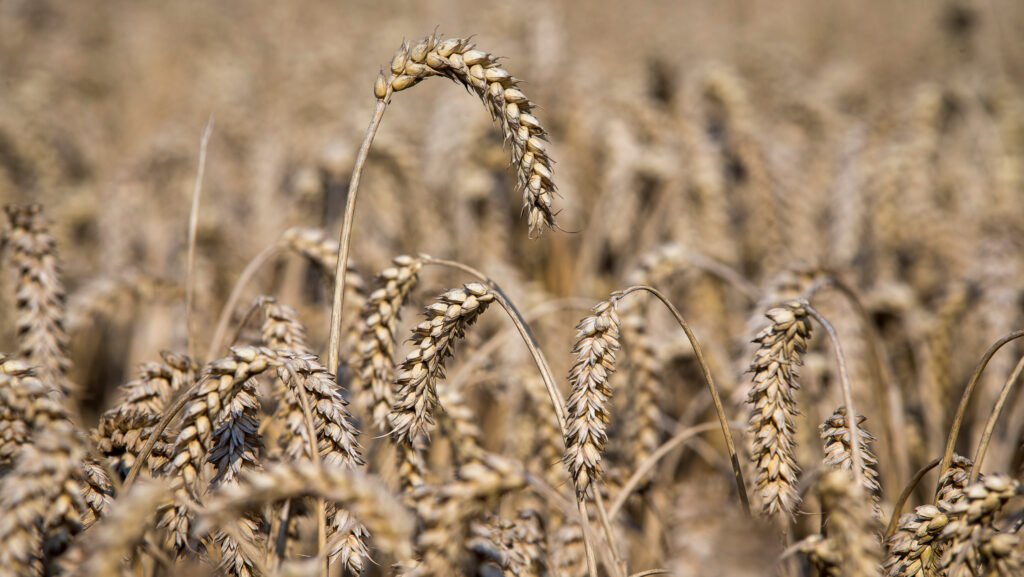Opinion: Farmers can focus too much on food security
 © GNP
© GNP Seven years ago, in August 2017, the headline of my first column for Farmers Weekly read “First and foremost, farming is about food”.
In the post-CAP world, I wrote it was “vital the core business of farming isn’t neglected in deference to ancillary concerns”, referring to post-Brexit worries over “food security” and a fear that it was losing ground to “beetle banks, skylark plots and bat boxes”.
I finished with a flourish: “farming doesn’t mean flora and fauna; farming means food”. Michael Gove could stick that in his pipe and smoke it.
See also: Opinion – farmers can’t pay for society’s ecological conscience
I’ve returned to this theme in these pages more frequently than any other; I wrote a book, in part to allow more expansive pronouncements on the topic.
And I was right: food security is of vital national concern. But I was also wrong – the health of the environment and climate in which we produce that food isn’t “ancillary” at all, but critical to our very ability to do so.
Since that long, hot summer of 2018, the weather seems to have dropped off a cliff.
This past, excruciating winter and spring have been only the latest in a series of extreme weather events – driven by climate change – which have taken a hammer to farm business profitability in the past six years.
In turn, the decline of farmland invertebrates and pollinators poses an existential threat to some crops, while actively improving soil health and resilience should be the priority for every farm business that doesn’t operate under a roof.
My view on food security has become more nuanced.
While it is right for farming organisations to highlight the dangers to food production posed by poor government policy and unfairness in the supply chain, I now appreciate that it isn’t an individual farm business’s problem: resilience and profitability are.
If both can be served by adopting more nature- and climate-friendly farming practices, then why wouldn’t you? While some of these practices remove land from “food production”, many do not – and instead complement it.
As a longtime advocate for our industry, I’m increasingly sceptical of some of the howls of protest which erupt whenever the suggestion is made that we don’t farm every field corner-to-corner with ryegrass, cereals and rape.
“But what about food security?” come the social media posts, usually in CAPS.
These same people don’t seem to similarly question whether growing crops for biofuels, industrial lubricants or vast quantities of exported whisky is a similarly questionable use of our land as they do for fertility-building legume fallows.
The reality is, farmland can deliver on more than one priority at a time – and in so doing exploit multiple income streams.
As someone who used to understand little of “nature friendly farming” myself, sometimes the “food security” argument seems a thinly veiled cover for hostility to any change.
If we are perceived to be indolently advocating for an unsustainable status quo despite overwhelming evidence that improved ecosystem services and food production can and must exist side-by-side, then we will shuffle ourselves in the direction of political irrelevance.
Yes, food security is important, but it cuts both ways: seven years on I now realise that farming doesn’t just mean food, it means flora and fauna too.

